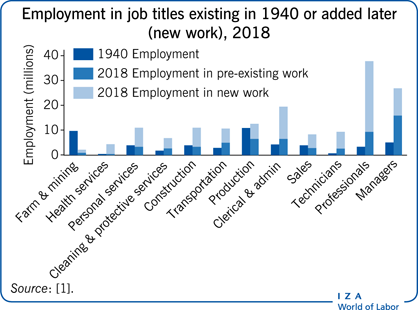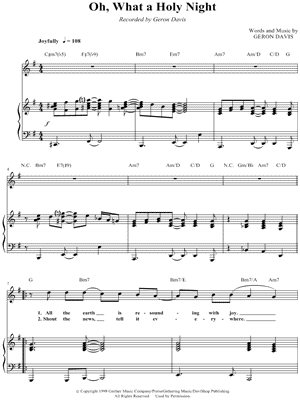SeqCode: a nomenclatural code for prokaryotes described from sequence data
Por um escritor misterioso
Descrição
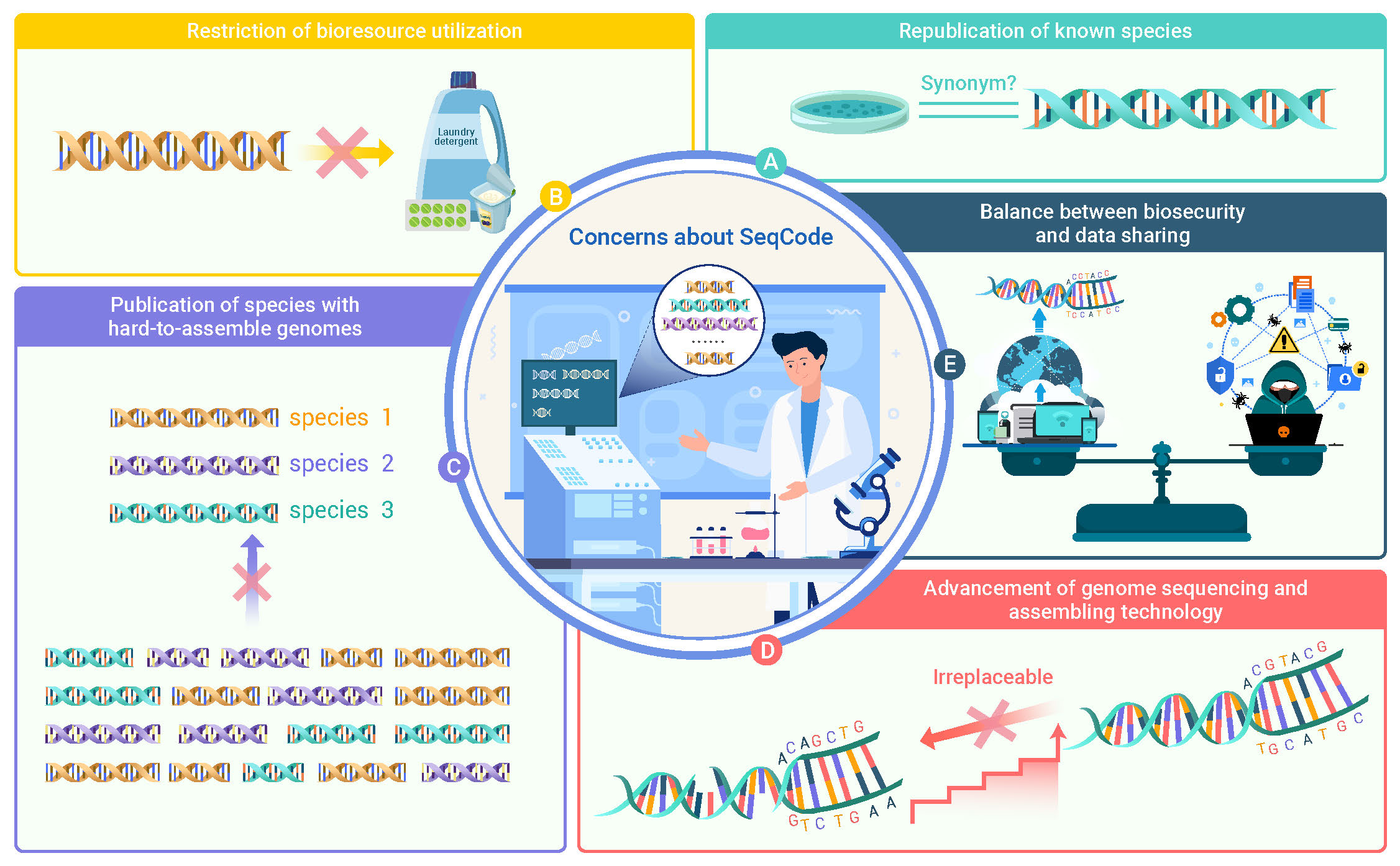
Microbial taxonomy with DNA sequence data as nomenclatural type: How far should we go?
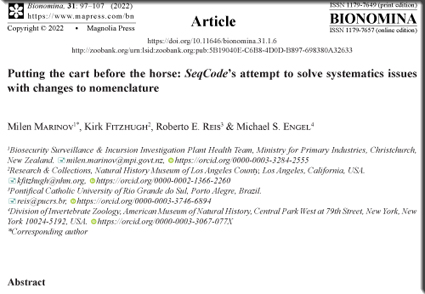
Putting the cart before the horse: SeqCode 's attempt to solve systematics issues with changes to nomenclature
Microbial taxonomy with DNA sequence data as nomenclatural type: How far should we go?

In the News
The SeqCode Initiative · GitHub

The expanding Asgard archaea invoke novel insights into Tree of Life and eukaryogenesis - Zhou - 2022 - mLife - Wiley Online Library
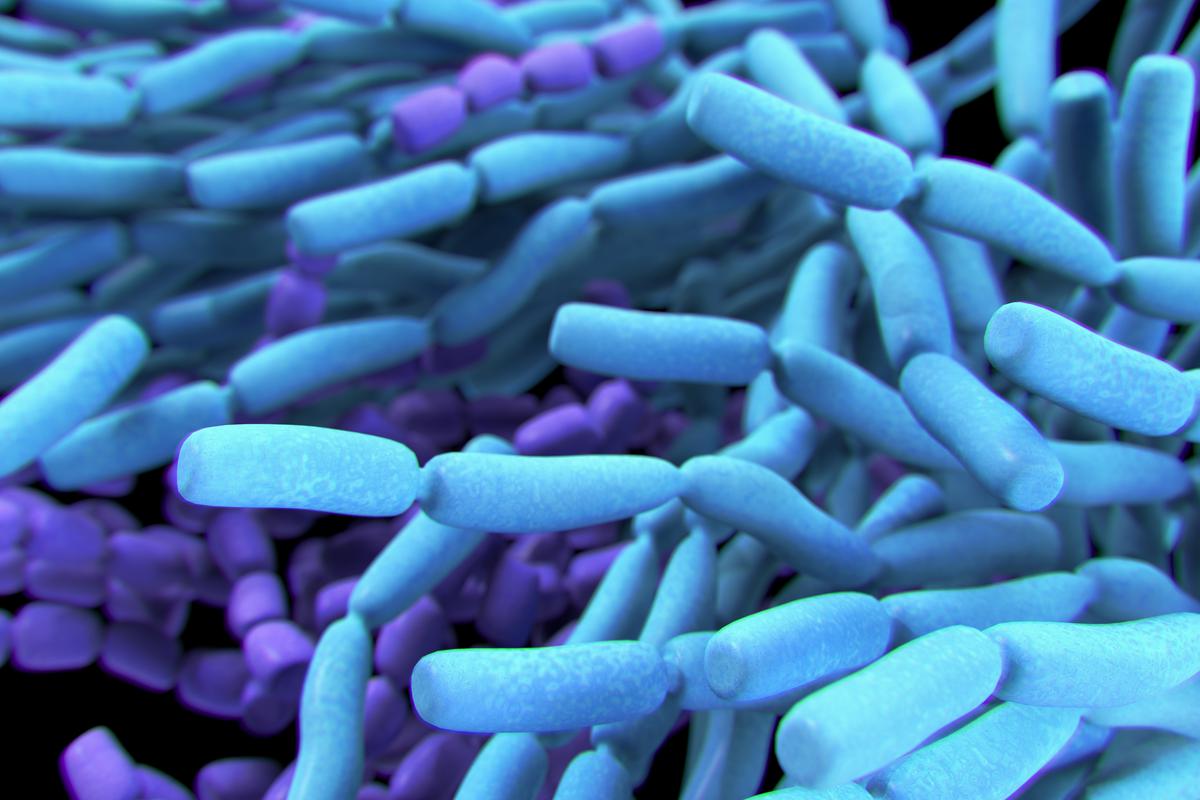
New DNA-based nomenclature system proposed for single-celled organisms - The Hindu

WHO Updates the Nomenclature of SARS-CoV-2 Variants
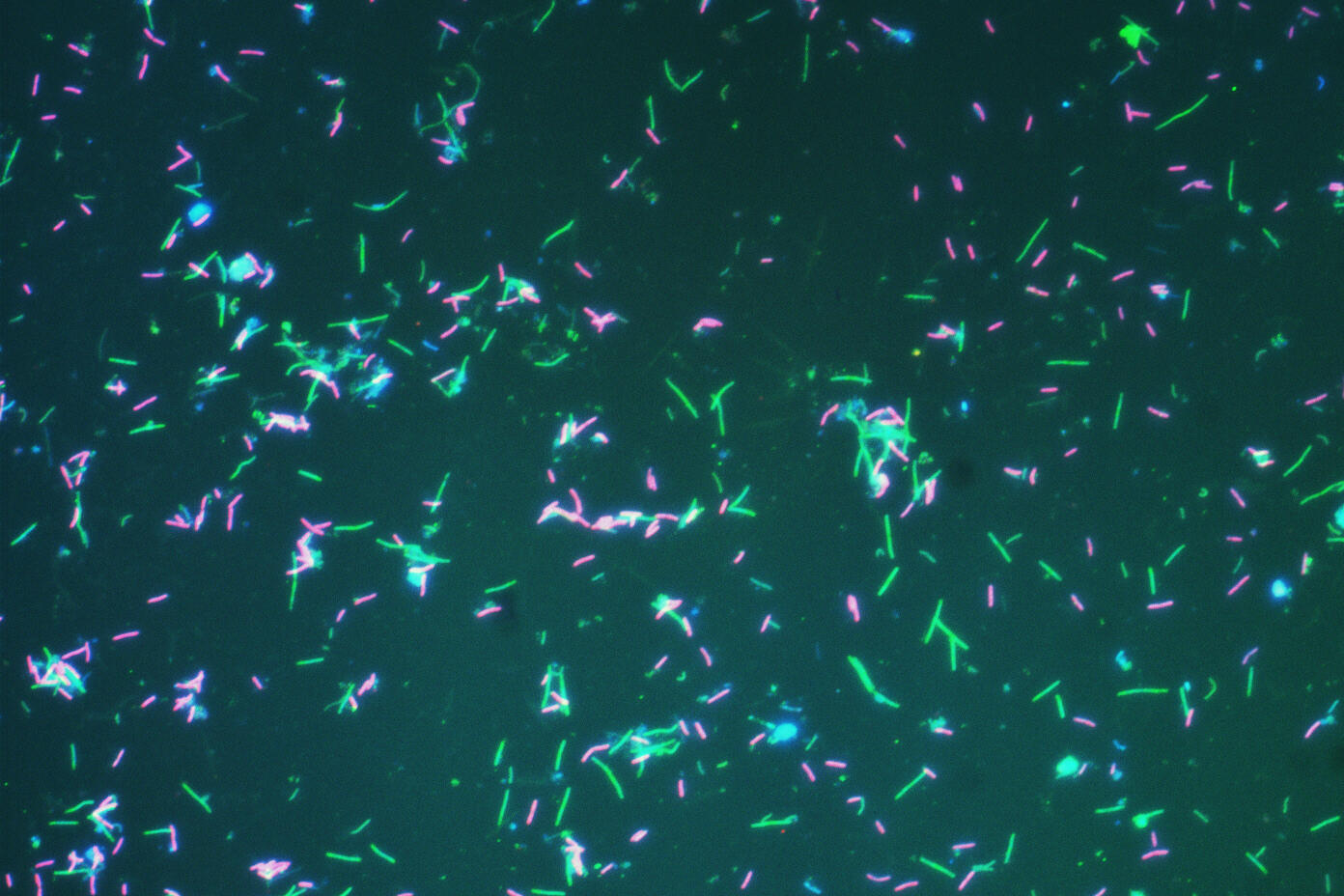
Scientists Unveil New System for Naming Majority of the World's Microorganisms
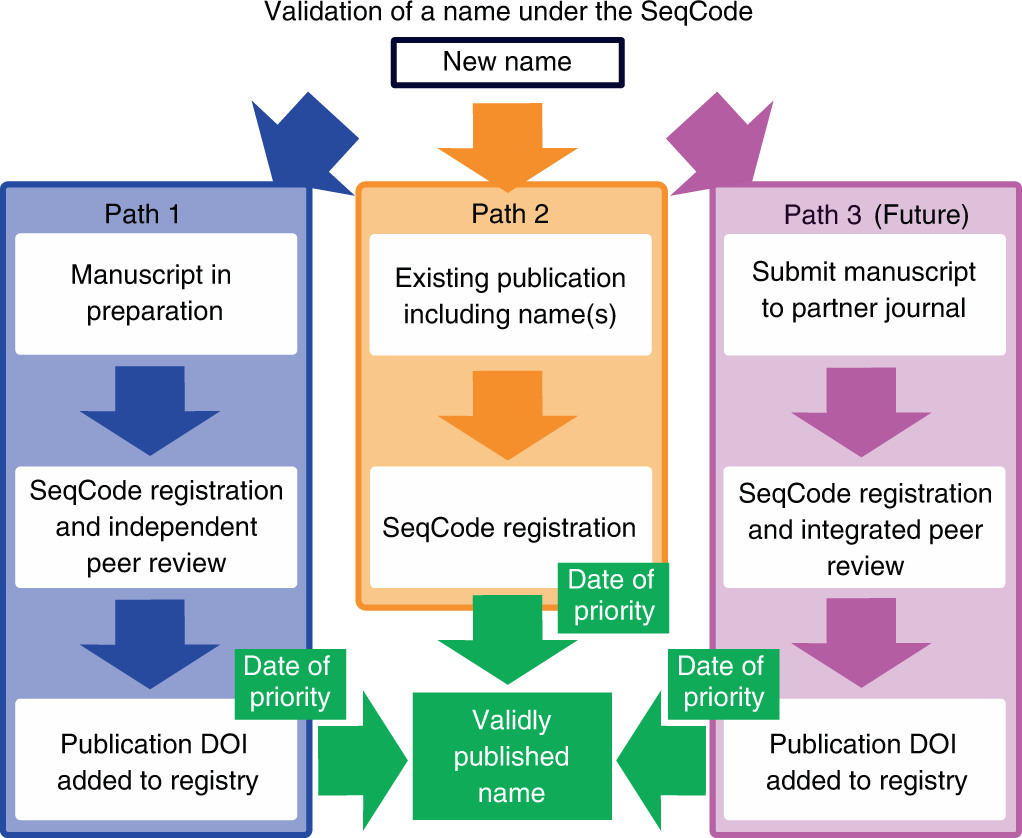
SeqCode: a nomenclatural code for prokaryotes described from sequence data
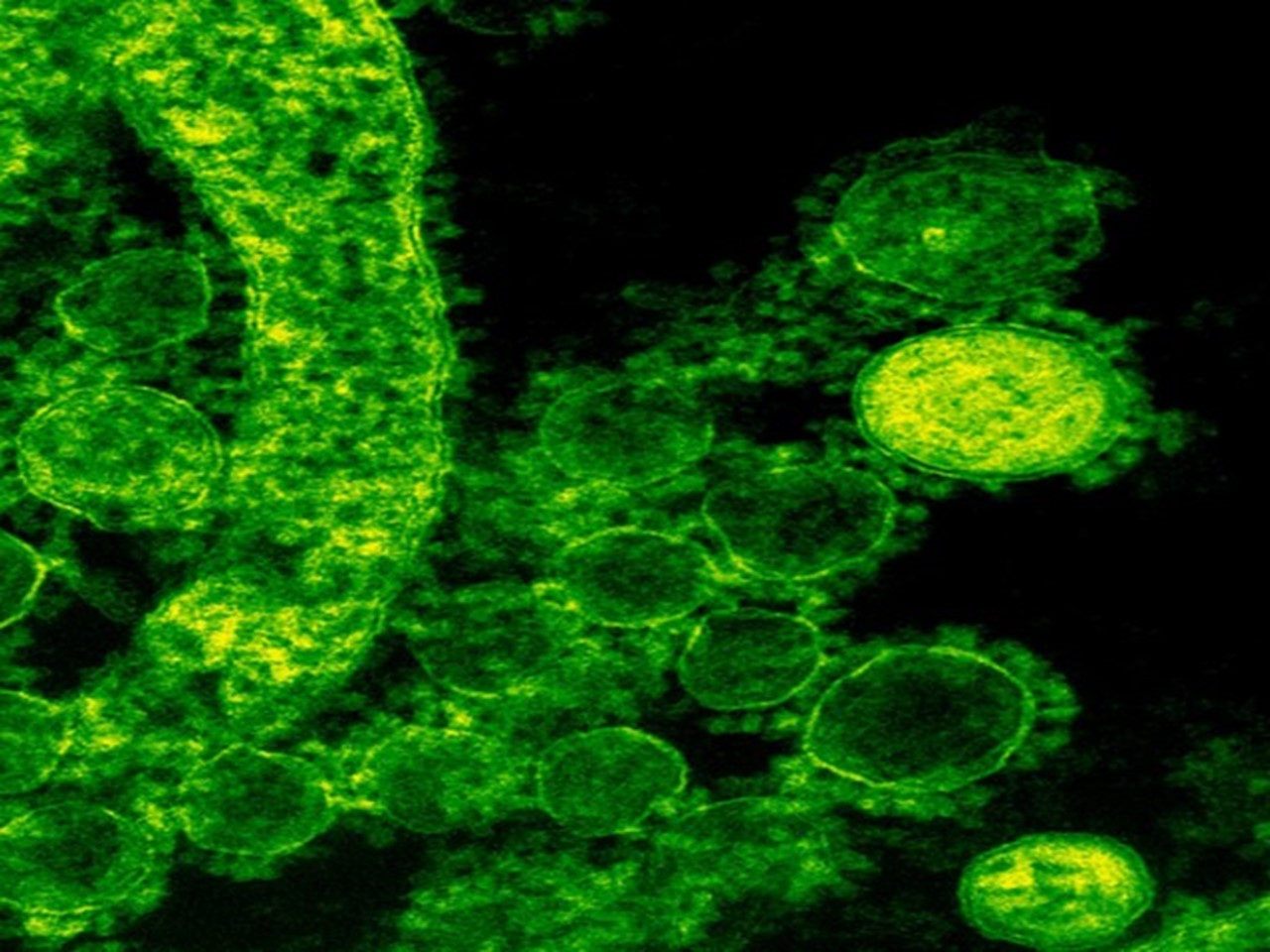
A new way to name bacteria: 300-year-old system revised thanks to scientific advances

Genome-wide and constrained ordination-based analyses of EC code data support reclassification of the species of Massilia La Scola et al. 2000 into Telluria Bowman et al. 1993, Mokoshia gen. nov. and Zemynaea

Most Archaea and Bacteria Are Nameless. SeqCode Could Change That

A novel, tissue-associated and vertically transmitted bacterial symbiont in the coral Pocillopora acuta

Scientists revise 300-year-old system to name bacteria
de
por adulto (o preço varia de acordo com o tamanho do grupo)



